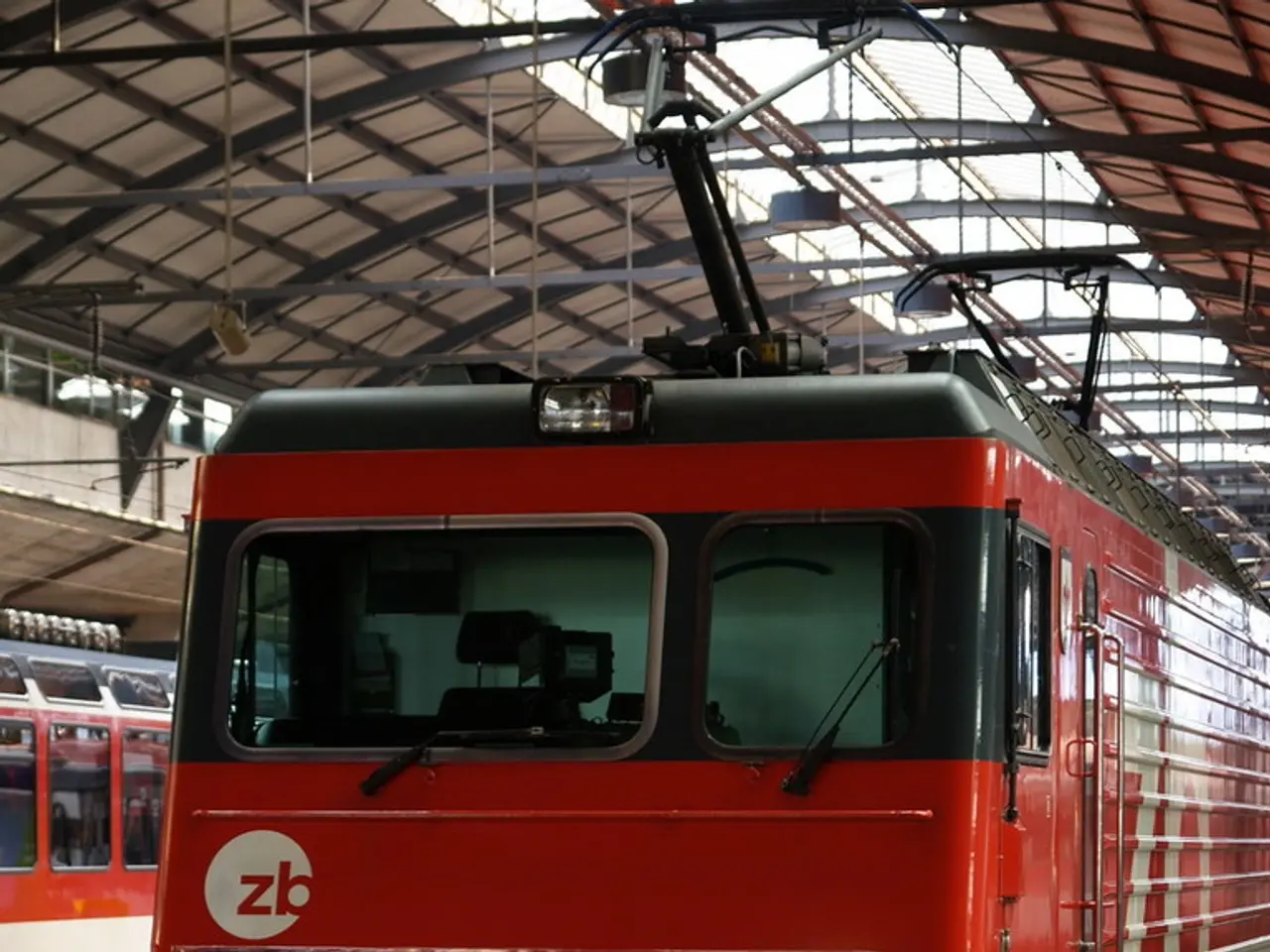Reinforcing the steel industry of Nigeria - Statement from the Minister
The National Steel Summit, taking place in Abuja, is a significant event in Nigeria's economic landscape. With the theme 'Rebuilding and Consolidating Nigeria's Steel Industry: Collaborative Action for Sustainable Growth and Global Competitiveness', the summit aims to rejuvenate the steel sector and position it as a key driver of industrialisation and economic diversification.
Nigeria's President, Bola Tinubu, has expressed his determination to reposition the steel industry, noting that the country imports over 90% of the steel it consumes, despite its vast natural endowments in iron ore, limestone, and coal. This situation, he decried, is a monument to abandoned ambition, as the once-envisioned Ajaokuta Steel Company, Nigeria's industrial crown jewel, has remained idle.
The President's administration is not only aiming to rethink, retool, and revitalise the Nigerian steel sector but also to make it a regional hub in Africa. The commissioning of the first phase of Ajaokuta Steel Company and the former Delta Steel Company, with a combined installed capacity of 2.3 million tonnes per annum, would require about eight million tonnes per annum of local steel raw materials consumption.
Local steel production in Nigeria would drive massive consumption of local steel raw materials, offering a unique opportunity to facilitate a diversified economic base for the nation. The steel sector is considered the critical backbone of an industrialised value chain, being the essential base material for significant sectors such as construction, automobiles, electronics, shipbuilding, military equipment, and telecommunications.
Iron and steel production would generate employment opportunities and provide capacity for self-sustaining growth. The steel sector is crucial for the realisation of various goals, especially as it relates to industrialisation, manufacturing, and unlocking the natural resources potential of the country.
The Nigerian Minister of Mines and Steel Development has announced that the government will consider the steel sector as a driver of industrialization and economic diversification. The steel industry is being positioned to become more competitive with the availability of infrastructure such as rail, efficient/affordable power supply, access roads to the mines, port facilities/harbours, inland waterways navigations, and natural gas supply.
The objective of the summit aligns with President Tinubu's Renewed Hope Agenda to grow Nigeria's Gross Domestic Product (GDP) to a three-trillion-dollar economy by 2030. Tinubu's vision is to transform Nigeria into a regional steel powerhouse, achieving self-sufficiency, generating employment, conserving foreign exchange, and building the industrial base that will drive the economy for generations to come.
The summit aims to appraise the current status of the industry, explore investment opportunities, identify policy and infrastructure gaps, and provide recommendations. The recommendations of the National Steel Summit would be key to rejuvenating the steel sector in Nigeria and ensuring its sustainable development. The theme of the National Steel Summit deliberately speaks to global competitiveness, reflecting the critical place of the steel sector in the realisation of various goals outlined in the eight-point agenda of the President.
In conclusion, the National Steel Summit represents a significant step towards repositioning Nigeria's steel industry and boosting economic growth. The summit is expected to provide a platform for stakeholders to collaborate and take decisive action towards realising the President's vision of a self-sufficient, globally competitive, and sustainable steel sector in Nigeria.








